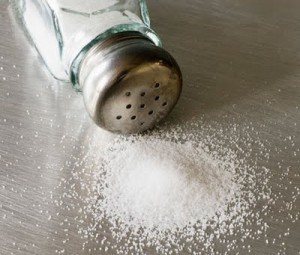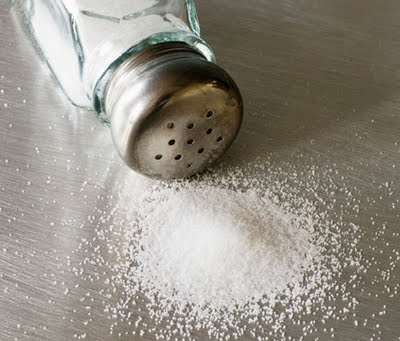
For decades, policy makers have tried and failed to get Americans to eat less salt. In April 2010 the Institute of Medicine urged the U.S. Food and Drug Administration to regulate the amount of salt that food manufacturers put into products; New York City Mayor Michael Bloomberg has already convinced 16 companies to do so voluntarily. But if the U.S. does conquer salt, what will we gain? Bland french fries, for sure. But a healthy nation? Not necessarily.
We all know the drill…if you have high blood pressure you need to lay off the salt. But is this true?
New research in the American Journal of Hypertension suggest sodium’s influence on health is less pervasive than once thought
A new study published in American Journal of Hypertension finds evidence that increased Body Mass Index, age, and non-sodium dietary factors are much more closely related to increases in systolic blood pressure than sodium intake.
For the study, French researchers measured the effects of sodium intake, Body Mass Index, physical activity, alcohol consumption, and non-sodium dietary factors on the blood pressure of 8,670 French adults. None of the participants were taking drug treatments for hypertension during the study.
They concluded that Body Mass Index, age, and alcohol intake were all strongly linked to blood pressure increases.
Sodium intake, however, was found to be statistically insignificant in relation to blood pressure outcomes.
Higher consumption of …
The World Health Organization recommends that no more than 5 grams of salt per day should be consumed, whereas people in many Western countries typically eat twice as much. Public-health authorities are already looking at ways of cutting the salt content of foods. For instance, Britain's Food Standards Agency is working with food manufacturers to reduce sodium, and the New York City health department is spearheading a national initiative to cut Americans' salt consumption by 20% over 5 years. Nature examines the new study and its implications for such policies.
Please Read this Article at NyrNaturalNews.com





Leave a Reply